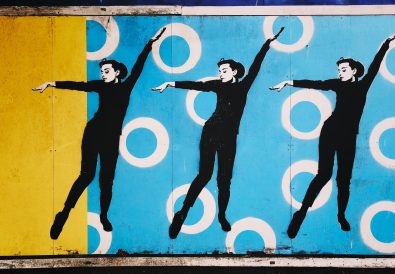
Most of us feel great and happy on a warm and sunny day, and a bit sad and tired on a dull rainy and cloudy day. However, there are people whose reactions to meteorological changes are much more drastic and extreme. This condition is called meteoropathy.
In most cases, there are natural remedies which you can implement rather than taking medication. Here’s a good example https://www.fixbodygroup.com/can-chiropractic-care-help-my-headaches/.
Symptoms
The most commonly displayed symptoms of meteoropathy is a headache, followed closely by dizziness and irritability. Some people also experience intensive joint, bone, and muscle pain and insomnia.
The problem with meteoropathy is that the symptoms occur as early as 48 hours before the weather conditions which it is associated with. That means that a person may not be believed by their surroundings that they have a splitting headache caused by the weather because the weather has not gotten bad yet.
Most Common Physical Complaints
Meteoropathy is not a uniform condition. It doesn’t affect everyone in the same way, nor does it have the same intensity. However, some complaints are more prevalent than others.
People with heart issues may experience some palpitation or irregular beats, or even chest pain. The occurrence of asthma attacks and other respiratory problems is also on a rise during periods of negative meteorological conditions.
Improperly healed old injuries tend to flare up and cause pain, mostly in older people. Similarly, arthritic pain also seems to increase for most people. However, by far the most common complaint is headaches or migraines.
Psychological Complaints
Apart from causing physical changes, the weather can have an effect on people’s psychological state as well. People have reported being more irritable during periods of negative meteorological conditions.
Apart from that, there’s strong evidence that the weather can cause or intensify apathy and general fatigue while decreasing concentration and coordination skills. On top of that all, it can also lead to insomnia and irregular sleep patterns.
Scientific Explanation
Even though this condition may seem unlikely to people who do not suffer from it, there is a simple explanation why it happens. Namely, before the weather turns ugly, the barometric pressure drops. People who suffer from meteoropathy are more sensitive to this change, and their blood pressure drops in response.
Researchers at Boston’s Tufts-New England Medical Center found a correlation between the ambient temperature and pressure and the severity of pain experienced by chronic pain sufferers. Their conclusion is that these external conditions somehow trigger the pain receptors around old injuries and places of chronic pain.
Solutions
Some people resort to medication at first sign of pain. However, this approach is not ideal, because it only masks the problem. There are ways to deal with these issues by adapting the body to the conditions.
People with asthma and other respiratory problems should keep an eye on the weather forecast and, if possible, avoid going out when the weather is bad, such as foggy and very humid weather.
Some forms of muscle and joint pain can easily be eliminated and managed by massage or visits to a chiropractor. The increased mobility of joints can alleviate some or even all of the pain.
Guarana seeds are a stimulant which contains caffeine, but unlike coffee, it doesn’t cause increased heart rate. It does increase blood pressure which makes it ideal for combating low pressure which causes many meteoropathic problems. People with naturally high pressure should be careful with it, though.
Various herbal teas have multifold beneficial effects on our bodies. Herbs like chamomile, hawthorn, and mint are essential for relaxation and should be a part of your meteoropathy emergency kit, as well as some essential oils, like lavender.
To contact Fix Body Chiropractor Group of San Diego
1010 University Avenue C-203 San Diego, CA 92103
619-295-9791



